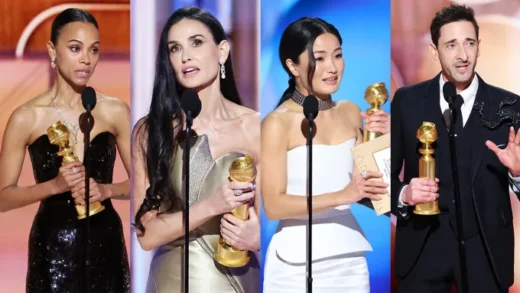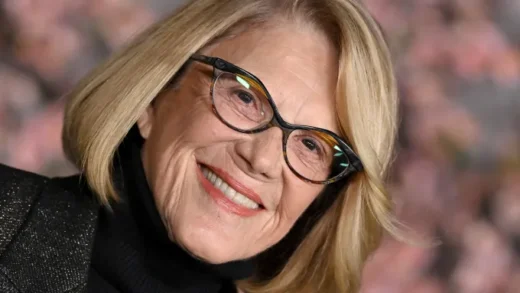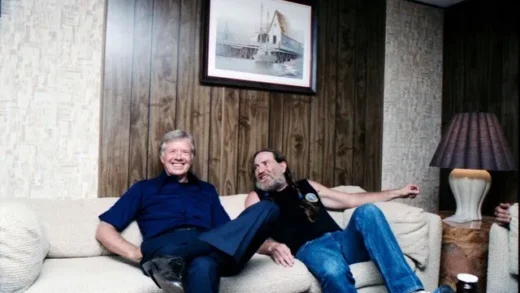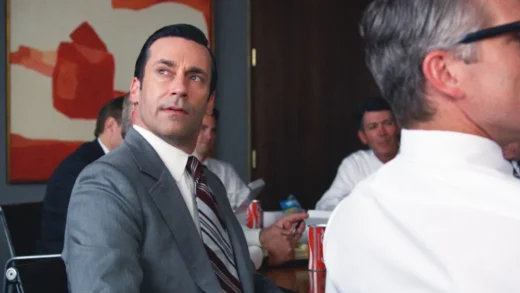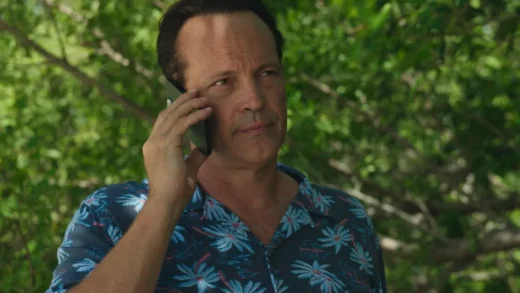The fall TV season has officially arrived, and here are Vulture’s picks for the best TV shows of 2018 so far.
We’ve continually updated this list from January to October on a monthly basis, both as a service to readers and also to help us keep our TV clutter properly organized. (The shows that don’t “spark joy,” Marie Kondo–like? Those don’t make the cut.)
A quick note about our selection methodology: Nonfiction and scripted series are both eligible, but only after a season has aired in its entirety. Because the focus is on this calendar year, shows that debuted in 2017 and ran into this year were ruled out if more than half of the season’s episodes debuted prior to January 1. This is a consensus list by both Jen Chaney and Matt Zoller Seitz, whose individual lists at the end of this year may differ.
Adventure Time (Cartoon Network)

Photo: Cartoon Network
A musical satirical fable for all ages, Adventure Time finished its amazing eight-year run with one of the most ambitious and fully realized finales in a year filled with many competitors for that title, a 44-minute epic that showcased an eye-popping dreamscape in the spirit of Yellow Submarineand Fantasia. Utopian in the purest sense of the word, the show envisioned a more empathetic world in which people listen to each other, care about each other, and strive to be better. —Matt Zoller Seitz
The Americans (FX)

Photo: FX Networks. All rights reserved.
Rather than go out with a blaze of glory, Joe Weisberg and Joel Fields’s drama about Russian spies hiding out in 1980s Washington, D.C., ended with a bittersweet chapter that derived most of its power from its understanding of the main characters’ fears and desires. But the rest of the season was no mere setup to that great payoff: It showed married KGB agents Elizabeth and Philip Jennings (Keri Russell and Matthew Rhys), their children Paige and Henry (Holly Taylor and Keidrich Sellati), FBI agent Stan Beeman (Noah Emmerich) and former KGB operative Oleg Burov (Costa Ronin) struggling to come to terms with a world that was changing so fast that nothing made sense to them anymore. The key to the show’s peculiar magic was its refusal to offer viewers subtext on a silver platter, lit with a tiny spotlight, as so many post-Sopranos dramas tend to do. —MZS
(Excerpt) Read More at: Vulture.com
